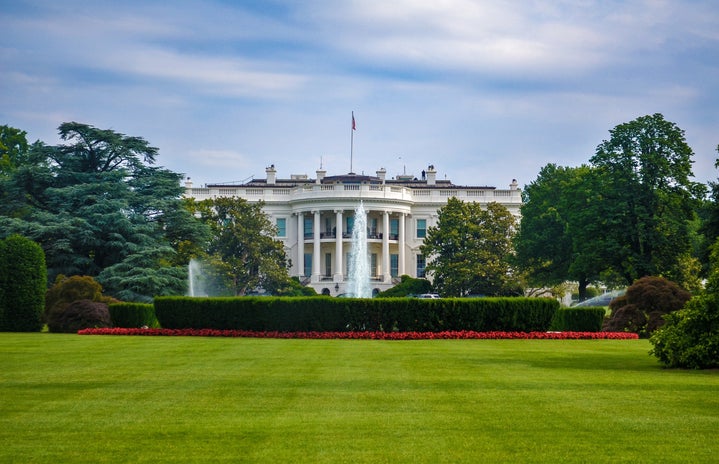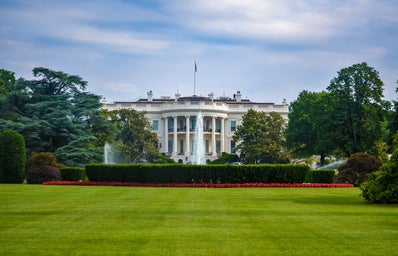On Friday, April 14, the United States launched a series of air strikes against Syria. There were a total of 105 missiles launched according to the Pentagon. In comparison to the 2017 strike against Syria ordered by that President Trump, this one is two times the size. According to a statement released by the Pentagon, they “successfully hit every target.” In collaboration with the United Kingdom and France, the U.S. targeted three sites: a scientific research center and two chemical weapons facilities.
President Trump tweeted that the strike was “perfectly executed” and that the U.S.’s mission has been accomplished. There has yet to be a single civilian casualty listed. Further, the Pentagon implemented this strike in response to human’s rights abuses. It has been reported that the President of Syria, Bashar al-Assad, has been the perpetrator of chemical weapons attacks against his citizens.
On the morning of April 4, chemical weapons were dropped on the town of Khan Sheikhoun. From this incident alone there have been 86 civilian causalities and 541 injuries; both numbers are still rising. Jens Stoltenberg, the Secretary-General of NATO, was quoted saying “I am not saying that the attacks last night solved all problems, but compared to the alternative — to do nothing — it was the right thing to.” This seemed to reciprocate consensus across several parties; given the cards, this moved seemed to be best.
Professor Vinnie Ferraro, who teaches at world politics at UMass Amherst and previously was a consultant for several programs for the United Nations, highlighted three potential issues of this strike on his blog site. One is that the uncertainty of the exact chemicals being used against the Syrians “taints the victory.” If the chemicals were, in fact, challenging to produce, then the mission was well done. However, if, for instance, chlorine was being weaponized, then the effectiveness of this strike is significantly lowered since chlorine is cheap and much simpler to produce.
Correspondingly, Professor Ferraro questions if one active strike is enough to act as an “effective deterrent against chemical weapons.” Further, he gives light to the degree of uncertainty that looms over Syria’s future. Currently, a large portion of the region is destabilized. This is problematic since the strike did nothing to help resolve the prospect of a Syrian domestic or international war. Most problematically, the professor highlights that the strike may have even reinforced Assad’s hold on power in Syria.
This military action notes one of the few times that partisan alignment has diffused in support of protecting the Syrian civilians. Most notably, Senator Elizabeth Warren from Massachusetts voted in support of authorizing the strikes. However, there is still ambiguity over the U.S.’s strategy in Syria; the Washington Post highlights the consequences. Most notably, there may be residual weapons stored that Assad can use against the Syrian civilians. Further, several chemical attacks have been committed since the U.S. launched strikes against Syria in 2017. This makes this attack signify that the U.S. is only willing to attack when major incidents occur. Overall, at best, the Syrian airstrike signifies an effective militant victory. At worst, the strike signifies an ineffective action that merely furthered Assad’s hold on power.



